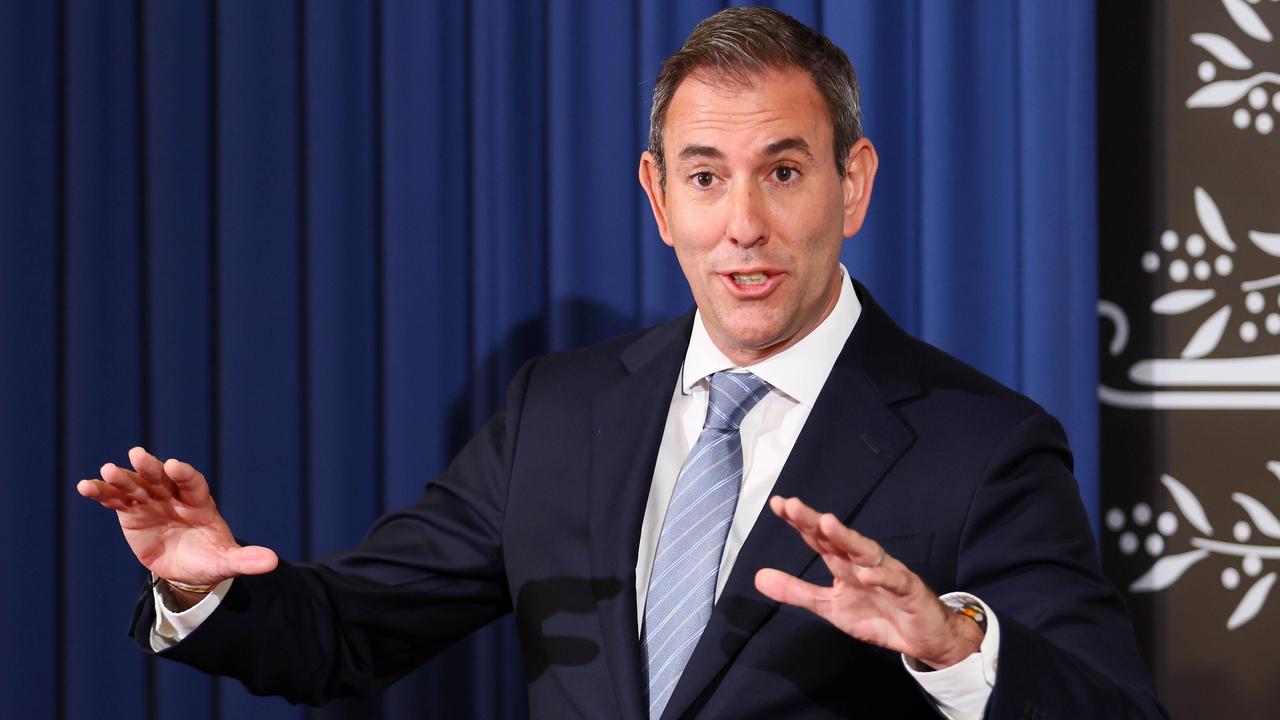Federal budget 2022: Revenge porn on social media targeted
Nude photo scandals like those aired on MAFS will be the target of a new $3m pilot program tracking ‘revenge porn’ on social media.
Federal Budget
Don't miss out on the headlines from Federal Budget. Followed categories will be added to My News.
New technology to rapidly identify “revenge porn” images shared on social media without a subject’s consent will be created by Australia’s eSafety Commission as part of a $24m funding boost in the budget.
The online authority will also be able launch more investigations into “serious online harm”, hire more investigators, and seek to combat tech abuse against children under the new funding package.
The multimillion-dollar cash injection comes just two months after the eSafety Commission received a raft of new powers and functions under the Online Safety Act, and one month after a government inquiry into online safety recommended it take on even more responsibilities.
The new funds include $3m to develop a pilot program to “identify intimate images that have been shared without consent” on social media.
The funding, to be spread over two years, is also designed to assist the swift deletion of offending images.

Australian laws against revenge porn recently came into the spotlight after NSW Police confirmed they were investigating a complaint against Married At First Sight participant Olivia Frazer for sharing a nude image of fellow ‘bride’ Domenica Calarco without her knowledge.
Nude or compromising photos shared without a subject’s consent have also proven a challenging issue for social networks to police in the past.

Facebook attracted worldwide criticism for a program it launched in 2018 that controversially asked victims to upload their own intimate images to be matched against photos shared on its platform. Privacy advocates expressed concern about the security of their photos.
The eSafety Commission can now ask social networks including Facebook, Twitter, Snapchat and TikTok to remove compromising images and, if they fail to act, order them to delete photos within 24 hours.
The authority’s powers also extend to abusers’ private photo collections, and eSafety Commissioner Julie Inman Grant said she would not “hesitate” to order perpetrators to purge files.
“We have powerful tools to force people to do things like permanently delete intimate images from their iCloud account or AWS account,” Ms Inman Grant said.
“These are significant powers and we will use them when they are warranted.”
This year’s budget will also give the commission $15m over two years to recruit new investigators to probe complaints of serious online abuse from its new adult cyber abuse scheme and its extended anti-cyber-bullying program for children.
An additional $3m will fund educational resources for families to deal with child sexual abuse, and another $3m will be used to create a program to help frontline domestic violence workers, and victims, deal with tech-based abuse against children.
The funding package will come in addition to $16.6m set aside for the eSafety Commission to create a support hotline for victims of “technology-facilitated abuse” that will take referrals from domestic and family violence workers.
Originally published as Federal budget 2022: Revenge porn on social media targeted





